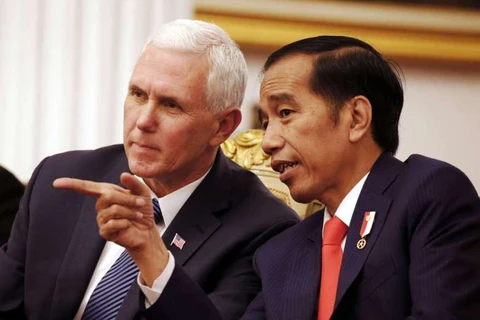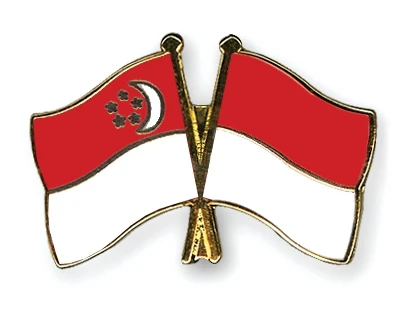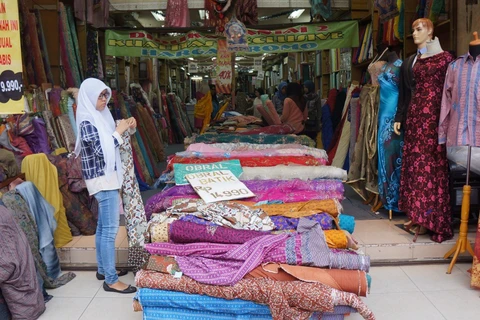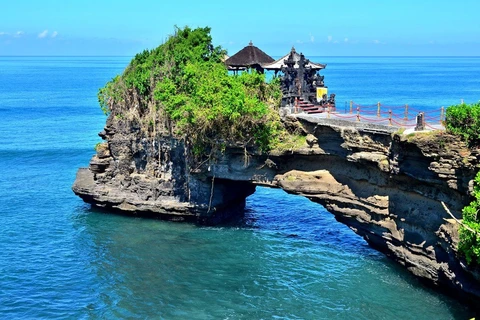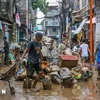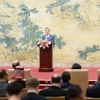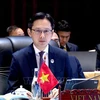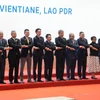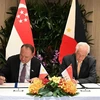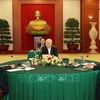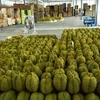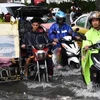Jakarta (VNA) – Indonesia’s government sets the target of sugar production for 2017 at 1.2 million tonnes, Trade Minister Enggartiasto Lukita has said.
The national sugar production will come from all sugar mills in the country, including those operated by state plantation companies and other state-owned companies, according to the local Antara news agency.
The targeted national sugar production will still be far below the total needs – which stand at around 3 million tonnes per year.
Therefore, Indonesia will still import sugar to make up the domestic shortage.
Since 2015, Indonesia has mapped out a plan to build additional 10 sugar mills to reduce the import of crude sugar and look towards self-production.
The country is home to nearly 46,000 hectares of sugarcane plantations, mostly on the island of Java, with about 64 white sugar production plants for domestic demand.
Indonesia is the second biggest sugar importer in the world, after China.
It has increased import of sugar from Thailand after the raw sugar import tariff from the Association of Southeast Asian Nations (ASEAN) reduced by 5 percent in 2015.
Indonesia’s raw sugar import from Thailand was estimated to increase from 30-40 percent in 2013-2014 to 60 percent in 2015-2016.-VNA
The national sugar production will come from all sugar mills in the country, including those operated by state plantation companies and other state-owned companies, according to the local Antara news agency.
The targeted national sugar production will still be far below the total needs – which stand at around 3 million tonnes per year.
Therefore, Indonesia will still import sugar to make up the domestic shortage.
Since 2015, Indonesia has mapped out a plan to build additional 10 sugar mills to reduce the import of crude sugar and look towards self-production.
The country is home to nearly 46,000 hectares of sugarcane plantations, mostly on the island of Java, with about 64 white sugar production plants for domestic demand.
Indonesia is the second biggest sugar importer in the world, after China.
It has increased import of sugar from Thailand after the raw sugar import tariff from the Association of Southeast Asian Nations (ASEAN) reduced by 5 percent in 2015.
Indonesia’s raw sugar import from Thailand was estimated to increase from 30-40 percent in 2013-2014 to 60 percent in 2015-2016.-VNA
VNA


